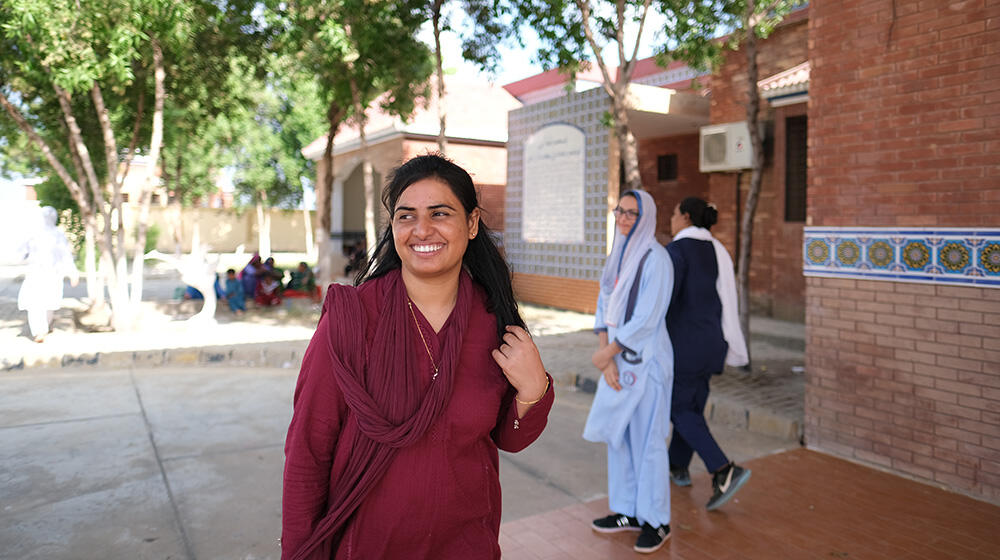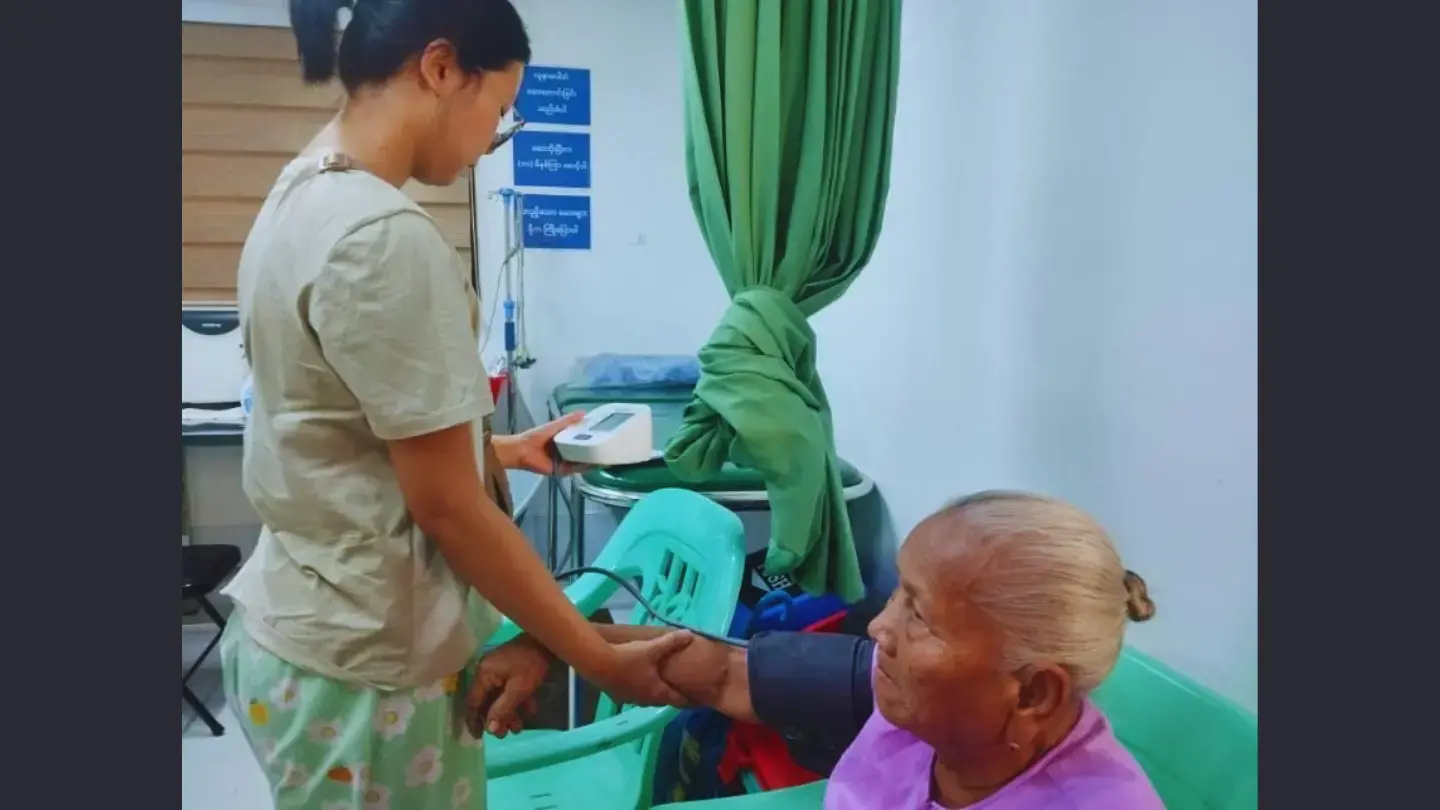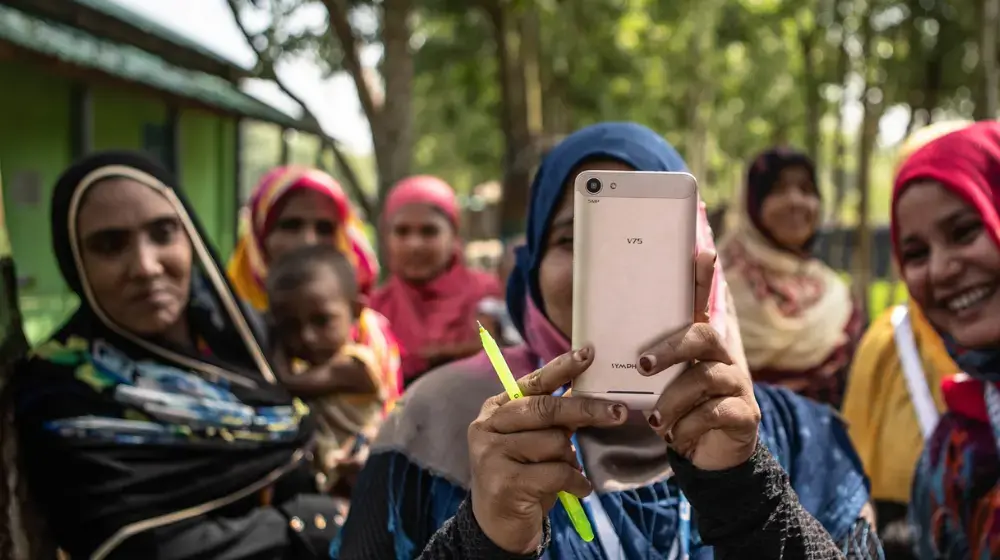Meet 3 inspiring women on the front line of flood response
More than 1,700 people were killed in the floods that ravaged Pakistan in June 2022. The disaster impacted one third of the country and affected more than 33 million people. It left millions of families living in makeshift camps, waiting for months for flood water to recede.
As the country continues to rebuild its shattered infrastructure, the health crisis continues, especially for women and girls who face a complex mixture of challenges. From basic hygiene needs to life-threatening issues related to pregnancies, women and girls were able to turn to heroic women health care providers. These portraits celebrate some of the women UNFPA supports to ensure access and uphold rights to sexual and reproductive healthcare in Pakistan.
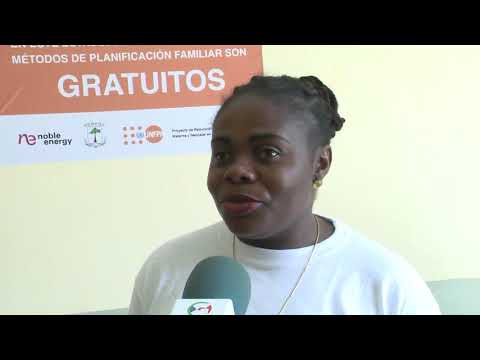
Aisha Farooq
Aisha is a Lady Health Visitor in the flood-hit communities of Sanghar in Sindh province. She visits each household in the tent city and conducts awareness sessions on maternal, newborn, and child health care, focusing on reproductive health, family planning, malnutrition and anemia using pictorial pamphlets and explaining breastfeeding methods.
“I provide family planning information.” says Aisha. “We ask women what information they have about family planning and then we share about the different methods. We ask women about their choice of methods and I give sessions on different topics.”
Aisha was a volunteer for the government for 8 years focusing on family planning methods. “We talk about reproductive health, antenatal, post natal and family planning. We deal with newborn babies. There are a couple of women who are lactating mothers and we share information about breastfeeding.”
Aisha says she tries to identify cases that might need extra medical support. “I always ask them if they’ve ever had any complications,” she says. “If there's a complicated pregnancy, then I refer them to the district hospital.”
She says it’s also a chance to get more information about the women and build lasting connections with health professionals like midwives and nurses. “We ask women if it’s their first pregnancy or the second pregnancy. If they’ve had multiple pregnancies I see if they’ve had antenatal check ups. I provide family planning sessions with pictorial information about the newborn babies and breast-feeding check ups.”

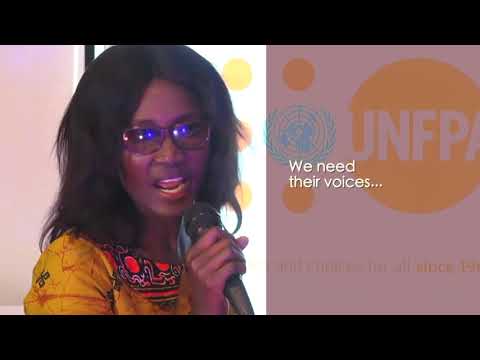
Dr. Sidra Ahmed
Dr. Sidra Ahmed is an Obstetrician and Gynecologist in charge of maternal, newborn, and child health care activities in Thatta district in Sindh province, one of the most impacted areas from the floods in Pakistan.
“We have 15 to 20 emergency cases per month,'' she says. “In the displacement camp there is a static clinic and mobile team, composed of midwives who provide antenatal care services for other camps,screen pregnant women and refer high risk pregnancies and complications to Al-Farabi Hospital”
She leads the team at the Al-Farabi hospital, and also provides life-saving sexual and reproductive health services to flood affected communities through community outreach teams, mobile medical teams, static clinics and referral services supported by UNFPA. Sidra is also trained on gender-based violence case management by UNFPA. “The training helped me link sexual and reproductive health and gender-based violence issues and is better able to respond to those issues through a survivor-centered approach.”
Sidra is a trained provider of Emergency Obstetric care in rural settings. The hospital where she works has a contraceptive prevalence rate of 52%, almost double the national average.
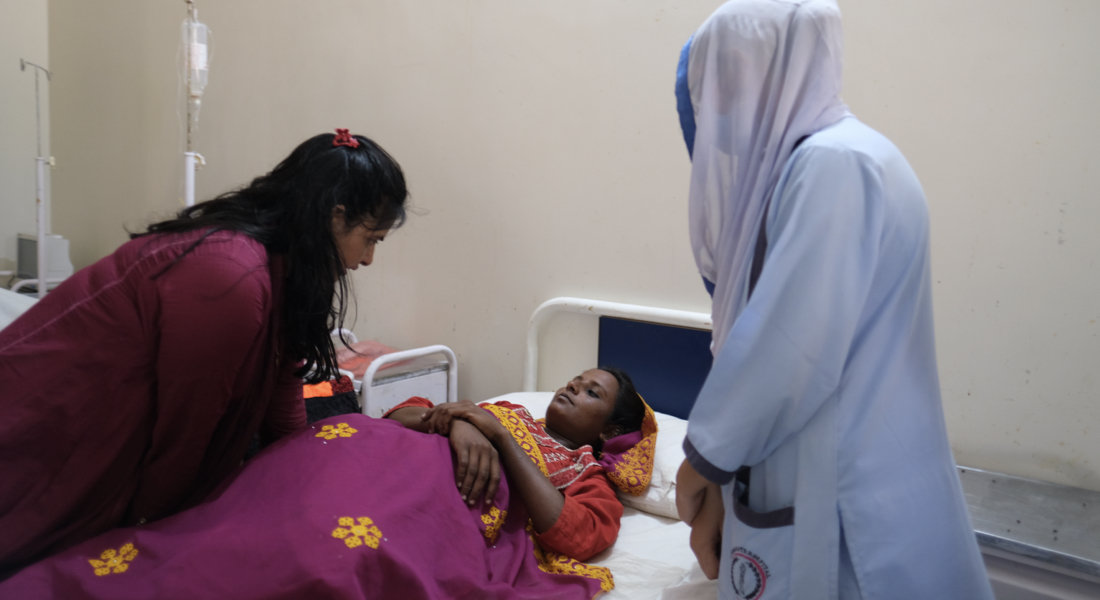
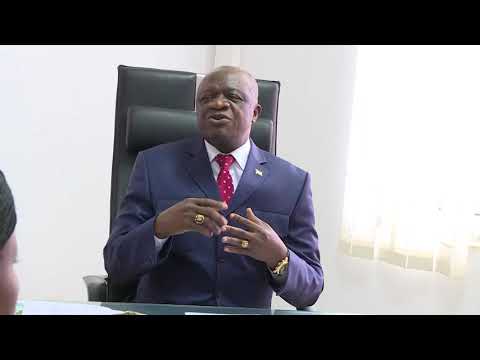
Dr. Kanwal Aijaz
Dr. Kanwal Ijaz is a medical officer and research specialist providing medical screening at camps in Sanghar.
“Women in the camp are facing malnourishment and diarrhea,” she says. “There are skin diseases and dermatitis because there is no clean water. Pregnant women do not have enough food or water and they have a high risk of infections like malaria and diarrhea along with skin diseases. They don’t have access to multivitamins, supplements or food.”
She leads the team conducting screening and antenatal care for pregnant women. They refer cases with complications and identify women suffering from malnutrition. Kanwal conducts training for her staff on maternal, newborn, and child health care, antenatal and postnatal care and management of complicated pregnancies.

“Women don’t have proper washing facilities or latrines,” Kanwal says. “If you talk about girls and menstrual health, they are not able to manage it well due to the conditions in the camp. Allergies and rashes are common because women use simple cloths and then use the stagnant water to clean that cloth. There’s no privacy, because the latrines are not separated”
Kanwal says problems have not gone away since the floods, but rather problems are only increasing. At first women were not coming forward to talk about their problems. “They didn’t want to talk about it. Now when I come to the camp, they come to me. ”
Kanwal says women need more access to clean water. “They need separate toilets, they need sanitary pads and information about menstrual heath and hygiene.”
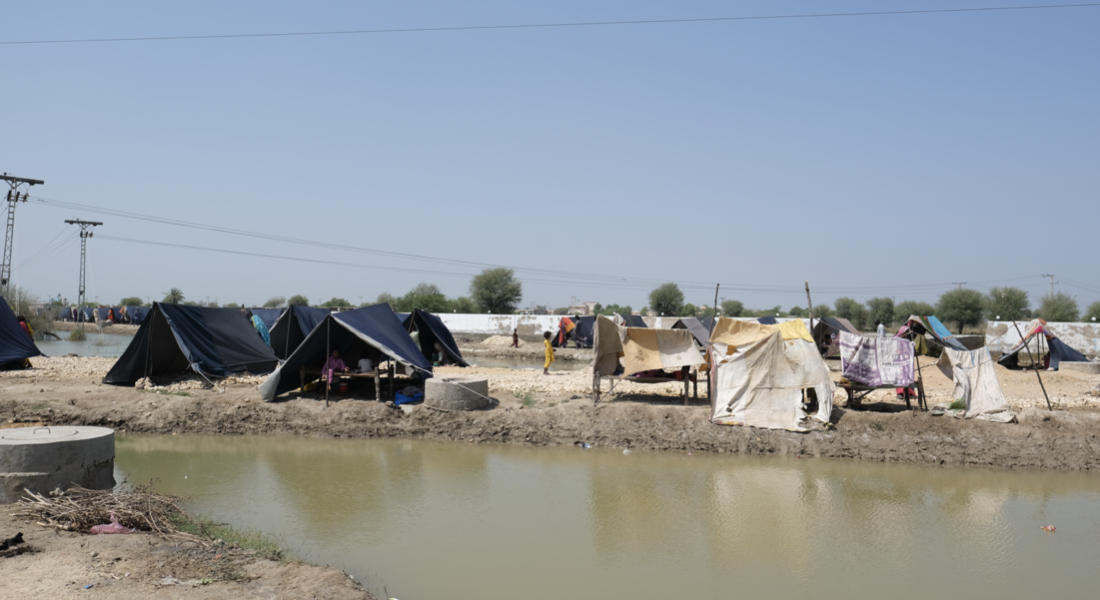
Learn more

